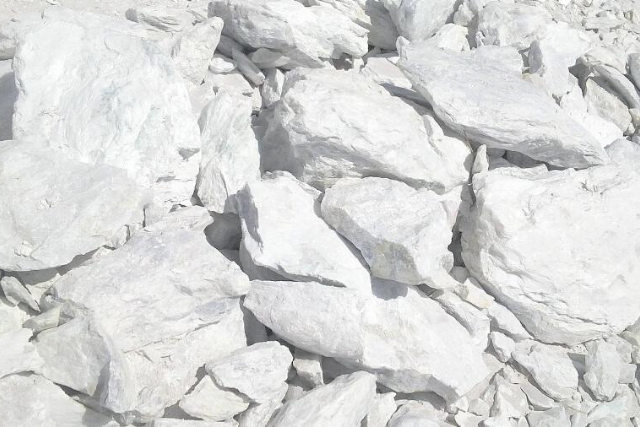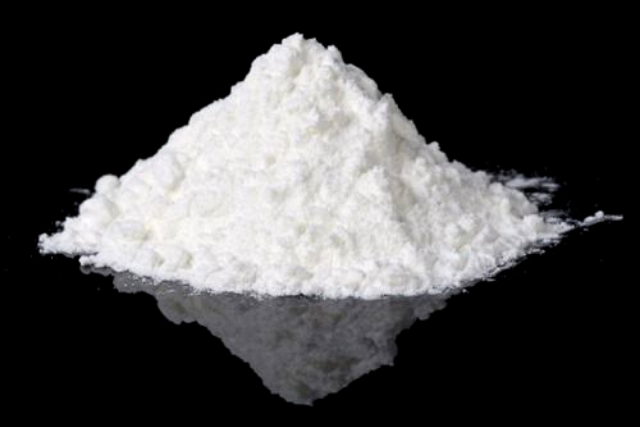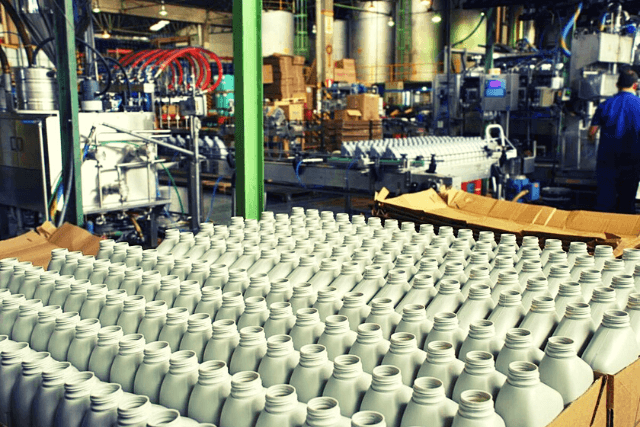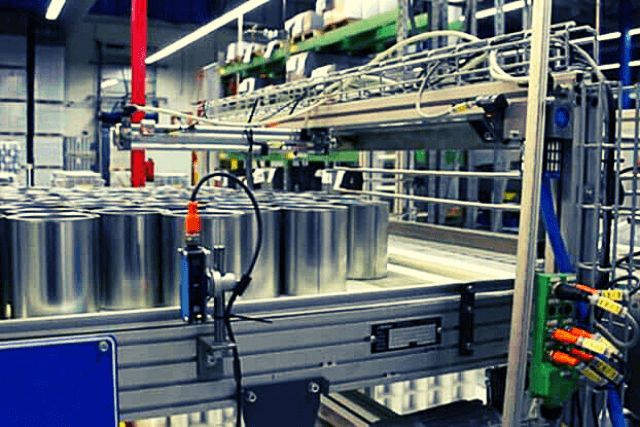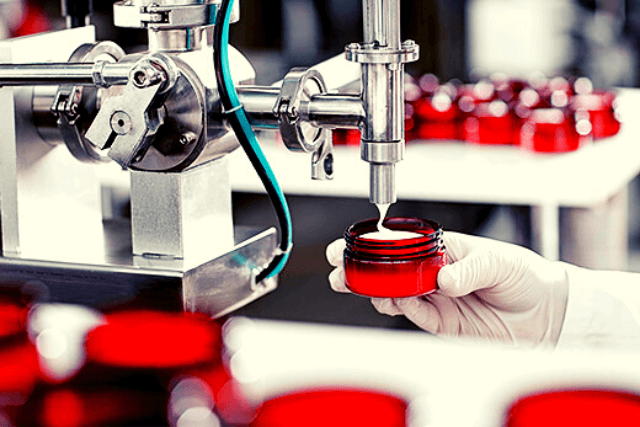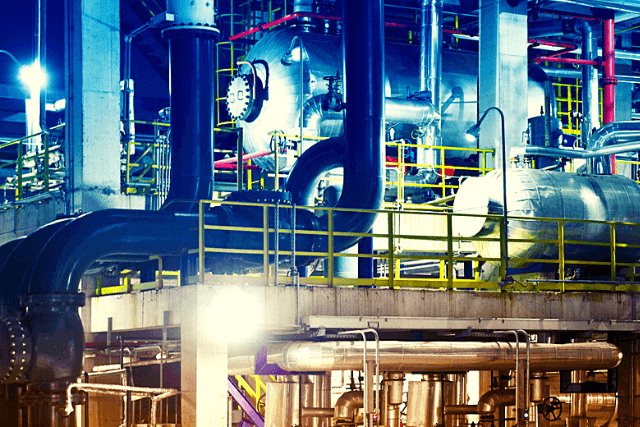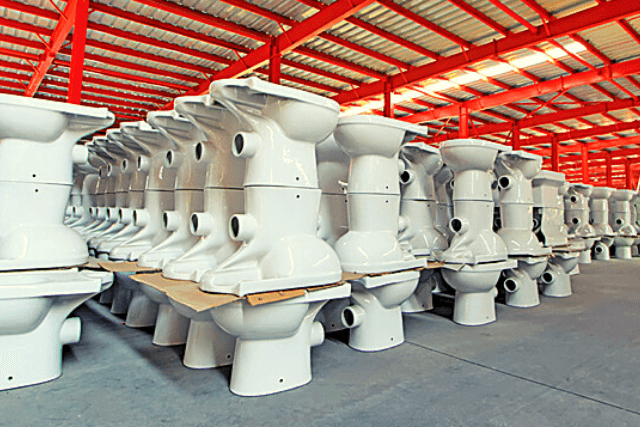
About Us

Values

Reputation & Awards

Quality
Application
Talc finds usage as an excellent reinforcing filler in thermoplastics and polypropylene. It is widely used in the manufacturing of Automotive parts, Electric & Electronic components, domestic appliances and packaging. Talc is an excellent reinforcer of mechanical properties in recycled plastics. Due to talc’s platey, lamellar structure it offers high lubricity, high resistivity, low gas permeability and low abrasiveness making it fit to be used in plastic manufacturing.
Talc is extensively used in manufacturing of rubber to improve the processing, electrical properties, heat resistance, permeability and mechanical properties of rubber. Due to its micronizability property, it is used as a powder to improve the dispersion of reinforcing filters during mixing. Talc being Hydrophobic also prevents coagulation and sticking of rubber moulds.
Talc is used in the pulp and paper industry for its properties that provide smoothness, opacity and brightness to paper. It is also used to control coagulation of the paper pulp and in pitch control. Talc reduces surface friction, smear ability, improves ink transfer, gloss and spot resistance. Due to its lamellar nature it evenly spreads on the surface and reduces black spots, pores and defects.
Talc is an ideal additive for paint since it acts as a filler and improves the manufacturing process along with enhancing the mechanical and optical properties of paint. The hydrophobic nature of talc makes paint resistant to water and reduces corrosion, caking, blistering and peeling of paint surfaces. Talc’s lamellarity and chemical inertness also allows it to spread evenly on surfaces and increases paint’s durability.
Talc is an essential mineral used in production of cosmetics. Talc is the softest mineral on Earth, hence used extensively in the manufacturing of body powders, beauty creams, foundations and soaps. Talc is odourless and acts as a carrier of fragrance in cosmetic products. It is odourless, chemically inert, hydrophobic, lamellar and smooth, thereby providing high performance at very low manufacturing costs.
Due to Talc’s natural properties like anti-caking, softness, opacity and inertness, it is used as a dispersing agent, die lubricant, anti-caking agent, inert carrier, UV protector and flow agent in the manufacturing of agricultural supplements like fertilisers and pesticides. Talc also reduces abrasiveness resulting in improved seed flow rate. These properties make talc ideal for improving the manufacturing process, productivity and quality of agricultural products.
Talc’s properties help in improving whiteness in floor tiles, reduces abrasion and provides stain resistance. Talc has excellent thermal shock resistance and fluxing properties. It improves the optical and mechanical properties of ceramic products like wall and floor tiles and also cuts energy cost for production. Due to its chemical inertness and high magnesium content, talc makes ceramics acid resistant and imparts post baking whiteness.



